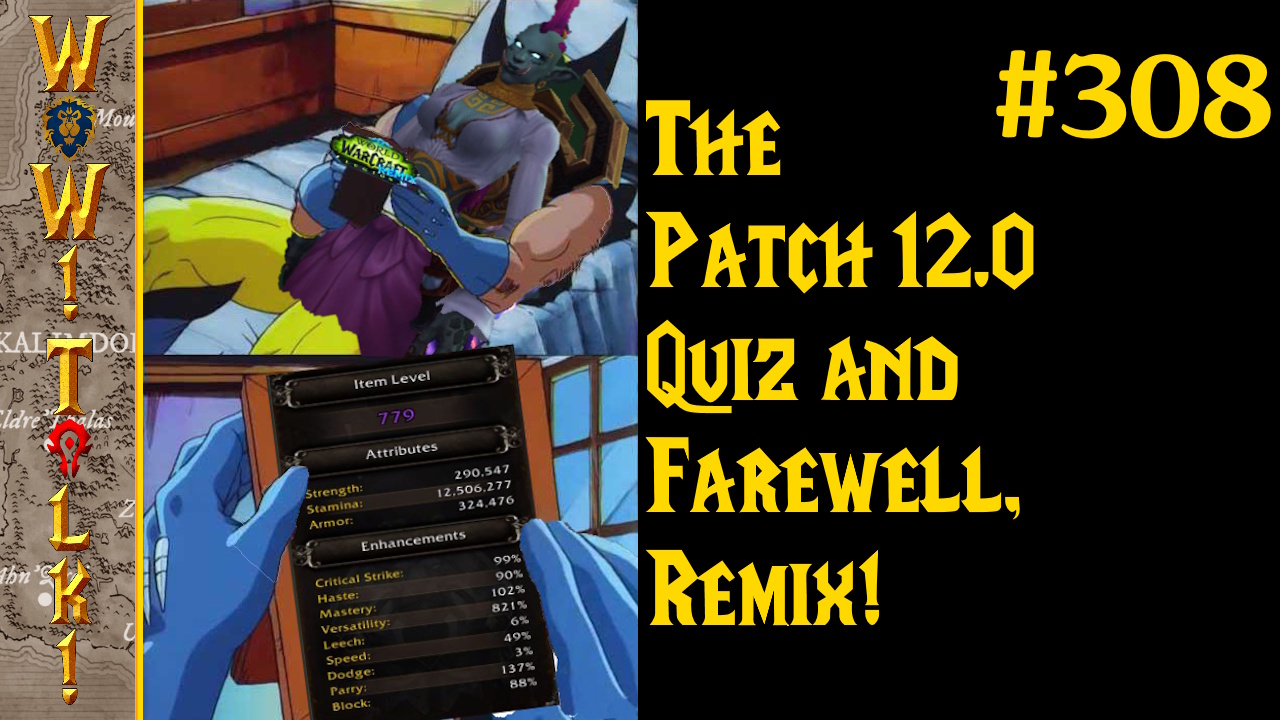
Luke Schneider is back again with another addition to his Radiangames series. Each of the previous games released were unique and fun, but the one thing they all had in common was that in each game the challenge was making it through each level as they became increasingly difficult until you get past the last level; this isn’t really the case with Fireball. I will explain why a little later, but first you should really know how Fireball is played.
In Fireball your objective is to move about the arena and attract various enemies. While they are chasing you down you can activate bombs which will destroy the horde of enemies following you. While you do this you cannot touch any of the enemies (snowballs, ice cubes, and shells), bombs, or hazards that may appear in the arena or it’s game over. Each level is considered a wave; you can complete a wave by destroying a specified number of enemies. In addition to the bombs, novas will also appear which will explode with a large blast radius when you touch them.
The game play is not too difficult and mostly requires patience, precise movement, and sometimes some quick thinking. The difficulty of the game doesn’t really appear to increase as you progress through the waves; you just need to destroy more enemies as each wave progresses. Fireball only has eight waves in the main game and comes with four additional challenges that run at three minutes each. If you’re skilled enough you can definitely make it through the main game in about 30 minutes. This is the part where I explain to you how Fireball is a bit different. Unlike the other Radiangames, the challenge of Fireball isn’t making it through the levels; it’s about the score!

Fireball is very score-centric. So much so that Luke felt the need to add an online scoreboard to this game. Like I said, making it through the main game doesn’t take that long; however, getting the top score is going to require quite some skill and practice. There are many ways to score points. You can destroy enemies, detonate bombs, and collect sparks from exploded bombs. If you chain explosions you can also multiply your score. Getting larger combos will require that you get a lot of enemies following you and then chain a few explosions together to take them out, which will get you a nice fat score. On paper this sounds like it’s not that big of a deal, but once you actually start playing you will see how much of a pain it is. The more enemies following you, the better chance you have of running into one as you are maneuvering about the level since it is a confined space. Also, the longer you allow enemies to follow you, the faster they become. You have a boost you can use to escape close encounters, but that doesn’t always save you.
I mentioned earlier there were additional challenges for you to partake in. Blizzard only has snowball enemies, but they are fast and are in large quantities. Overload delivers lots of enemies and lots of bombs. Patience is about precise movement. All of the snowball enemies move slowly, but there are lots of ice cube enemies that appear and make it very difficult to move around. In Escalation enemies move substantially faster over time. Each of these challenges has their own global scoreboard for you to compete in.
Fireball is really for those of us that like getting high scores and then want to beat them; or better yet, beat someone else’s high score. Even though the main game is short, it really has a ton of replay value. It only costs 80 points ($1) and there is definitely hours upon hours of replay value here. Trust me, you won’t master the bomb timings, precision movements, and chaining overnight. For anyone like me that likes having a top score and loves crushing other peoples high score, I would recommend checking it out. For the rest of you I would highly recommend checking out the other great games in the Radiangames series.


